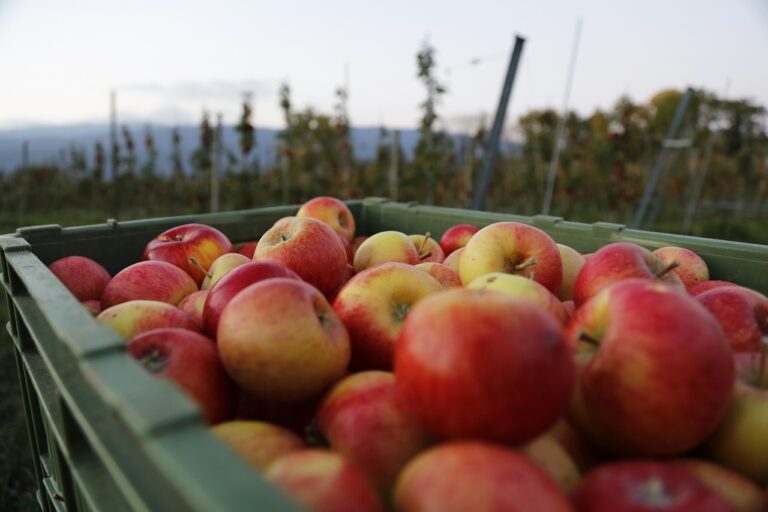Food Industry and Health-Conscious Consumer Trends
As consumers become more health-conscious, various factors are driving this trend. One key factor is the increased awareness of the impact of diet on overall well-being. Through education and access to information, consumers are more informed about the importance of making healthy food choices to support their health goals. Additionally, the rising prevalence of chronic diseases like obesity and diabetes has prompted many individuals to prioritize their health and opt for nutritious options.
Another factor fuelling health-conscious consumer trends is the influence of marketing and advertising on food products. As more brands promote their products as healthy and wholesome, consumers are more inclined to choose these options over traditional processed foods. The emphasis on natural ingredients, organic sourcing, and minimal processing has resonated with health-conscious consumers who are seeking transparency and quality in their food choices. This shift in marketing strategies reflects the growing demand for healthier alternatives in the market.
Impact of Social Media on Food Industry
Social media has undeniably revolutionized the food industry in recent years. Platforms like Instagram and TikTok have become popular hotspots for sharing food-related content, sparking trends and influencing consumer behavior. With visually appealing posts and captivating videos, food influencers and brands have the power to reach a wide audience and create a significant impact on the way people perceive and consume food.
One of the key effects of social media on the food industry is the democratization of culinary expertise. Anyone with a smartphone can now share their cooking creations or restaurant experiences with the world, potentially becoming a source of inspiration for others. This has led to a more diverse and inclusive representation of food culture, breaking away from traditional norms and allowing for greater exploration and experimentation in the culinary world.
Rise of Plant-Based Alternatives
Plant-based alternatives have been gaining popularity in recent years as consumers become more health-conscious and environmentally aware. With a growing emphasis on sustainability and ethical considerations, many people are turning to plant-based options as a healthier and more environmentally friendly alternative to traditional animal products. This shift in consumer behavior is driving the food industry to innovate and offer a wider array of plant-based alternatives to meet the increasing demand.
In addition to the health and environmental benefits, plant-based alternatives are also becoming more appealing to consumers due to the wide variety of options available. From plant-based milks and cheeses to meat substitutes made from ingredients like soy, mushrooms, and jackfruit, there is a growing market for plant-based products that cater to different tastes and dietary preferences. This diversification of plant-based alternatives is not only expanding choices for consumers but also challenging traditional food producers to adapt to changing consumer trends and preferences.
• Plant-based alternatives are gaining popularity due to health and environmental concerns
• Consumers are turning to plant-based options for a healthier and more sustainable diet
• The food industry is innovating to offer a wider range of plant-based alternatives in response to increasing demand
• Plant-based alternatives appeal to consumers because of the variety of options available
• From plant-based milks and cheeses to meat substitutes, there is a growing market for different plant-based products
• This diversification challenges traditional food producers to adapt to changing consumer preferences
What are some factors driving health-conscious consumer trends?
Some factors driving health-conscious consumer trends include a growing awareness of the health benefits of plant-based diets, concerns about animal welfare and environmental sustainability, and an increase in lifestyle-related diseases.
How has social media impacted the food industry?
Social media has had a profound impact on the food industry by increasing consumer awareness of different food options, allowing for easy sharing of recipes and food trends, and providing a platform for food companies to market their products directly to consumers.
Why are plant-based alternatives on the rise?
Plant-based alternatives are on the rise due to the increasing demand for healthier and more sustainable food options, as well as the development of new technologies that allow for the creation of plant-based products that closely mimic the taste and texture of animal-based products.







